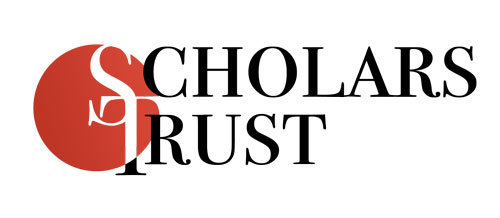This article is more than 5 years old.

These days, most scholars prefer accessing journal literature online. Wake Forest users download more than 100,000 articles each year from JSTOR alone. Despite the undoubted convenience of e-journals, many in the academic community have concerns about the permanence of this online content.
As reported in a previous issue, ZSR participates in online initiatives for hosting independent, duplicated, global copies of e-journals. Recently, ZSR has joined a regional consortium for preserving print copies of journals. [More…]
The consortium, Scholars Trust, is a joint effort of the Association of Southeastern Research Libraries (ASERL) and the Washington Research Library Consortium (WRLC). Members stretch from Maryland to the Mississippi. The combined title list exceeds 8,000 journals and more than 300,000 volumes, making Scholars Trust one of the largest shared print journal repositories in the United States.The members of Scholars Trust have also agreed to extend reciprocal priority Interlibrary Loan services across the group.
The Scholars Trust agreement requires the archived materials to be held until at least December 31, 2035, and possibly longer.The materials archived by WRLC are housed in a central facility in suburban Maryland.The materials being archived by ASERL members are held at various locations across the Southeast.A large majority of the print archive contents is readily available online from many sources, so the need to access the archived items is expected to be quite low. So far, Wake Forest has contributed 176 titles to the consortium. These titles are housed under optimal environmental conditions in the off-site storage facility.
“Today’s library users expect access to content anytime and anywhere,” noted John Burger, Executive Director of ASERL. “The libraries in ASERL and WRLC are continually expanding ways to deliver content to users quickly and easily.Scholars Trust is a fail-safe means of providing content when a researcher needs an original printed journal – an ‘artifact,’ if you will – should the digital surrogate be somehow insufficient for their needs, or not be available.”
